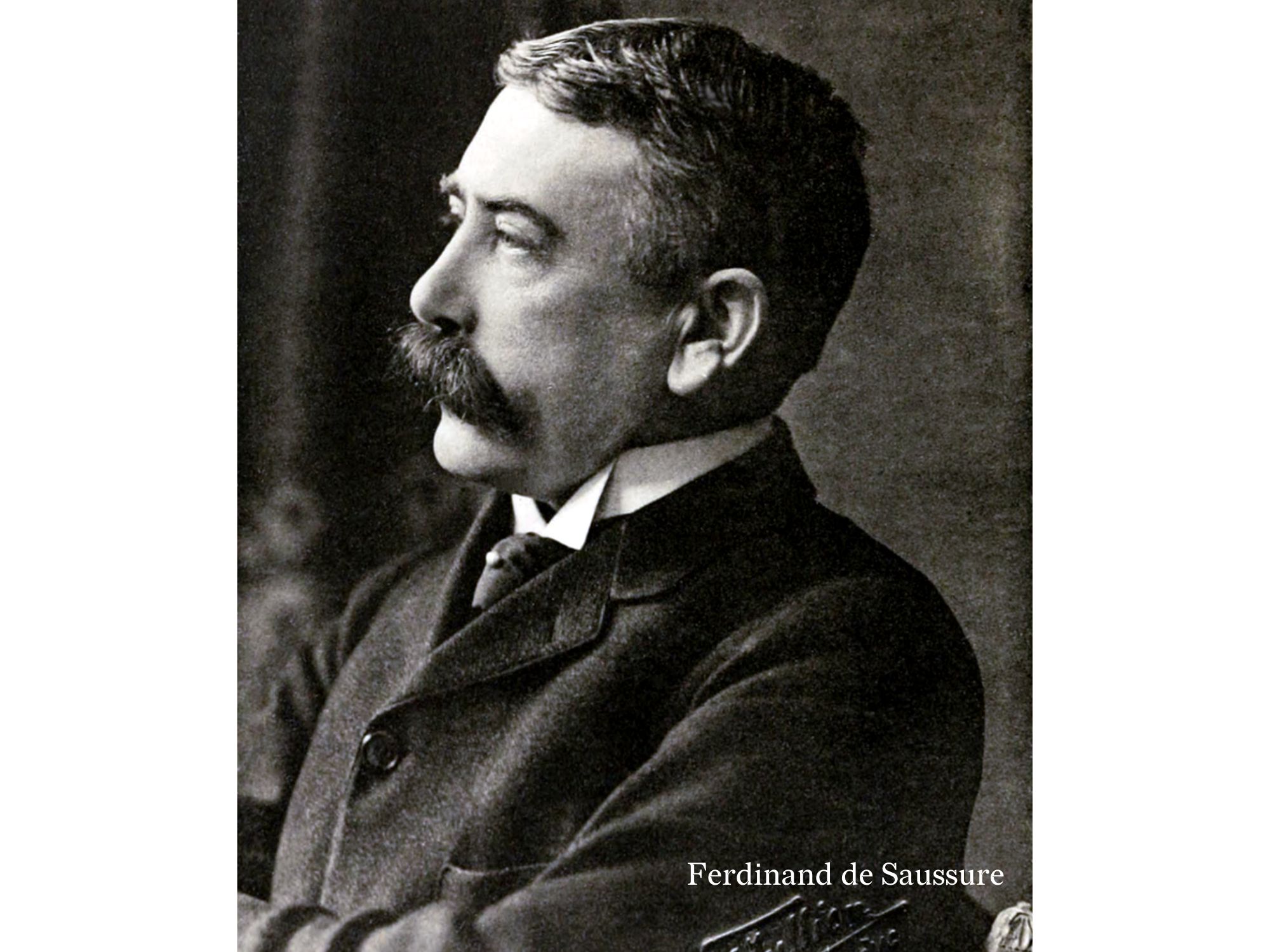The history of linguistics and why it’s studied today

Linguistics is the scientific study of language, which first emerged in the late 18th century. Today, there are an estimated 5,300 linguists around the world.
Many have the belief that linguists are people who only speak and/or teach many different languages. And while most do, linguists focus more on the structure, use, and psychology of language.
Linguistics is about the nature of language and communication. It deals with both the study of languages as well as the search for common properties in all languages or large groups of languages.
The study of language dates back to the 5th century BC when Indian scholar Pānini recorded the rules of Sanskrit grammar. Additionally, ancient Greek citizens also studied language structure to build understanding and expression of criticism and philosophy.

In the late 18th century, the findings of British philologist and ancient Indian scholar Sir William Jones found commonalities between groupings of language. In 1788, a piece about his findings was published and is cited as the beginning of comparative linguistics.

By the early 19th century, linguistics was regarded as a field of study in psychology or biology. This established the foundation of mainstream Anglo-American linguistics.
In the early 20th century, linguistics became a study within social sciences following ideas by Swiss Linguist Ferdinand de Saussure.

Saussure laid the foundation for many developments in linguistics, which led to studying language as a semiotic system with several subfields.
The subfields of linguistics are:
- Phonetics – the study of speech sounds in physical aspects.
- Phonology – the analysis of speech sounds in cognitive aspects.
- Syntax – the study of the formation of sentences.
- Morphology – the study of the formation of words.
- Pragmatics – the study of language use.
- Semantics – the study of meanings.
Linguistics continues to be a growing field with an important impact on other fields such as philosophy, education, psychology, sociology, anthropology, computer science, and language teaching. Someone who studies linguistics can choose several career paths within these fields.
In addition to the career possibilities, linguistics is vital in improving communication between people, assisting in literacy efforts, and treating speech disorders. Every language is unique and linguistics helps people understand the world.
Teneo Linguistics Company works with thousands of professional linguists that are proficient in more than 170 languages. They are the backbone of the business. Each linguist at TLC is educated, experienced, has a strong work ethic, and is efficient.
Learn more about how TLC’s expert linguistics can assist in a company’s project by visiting www.tlctranslation.com.





